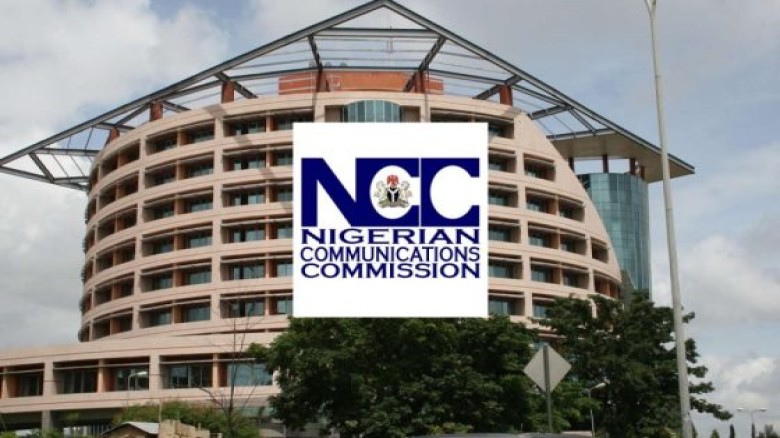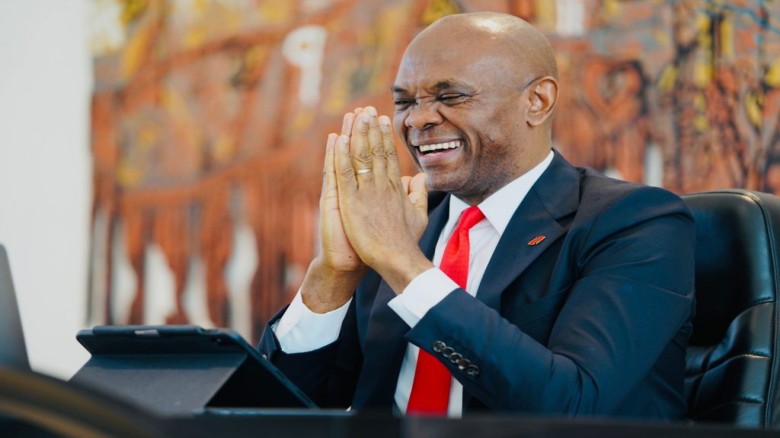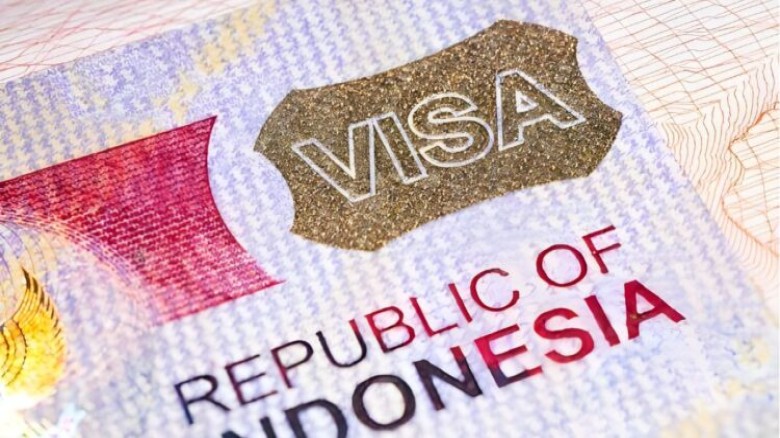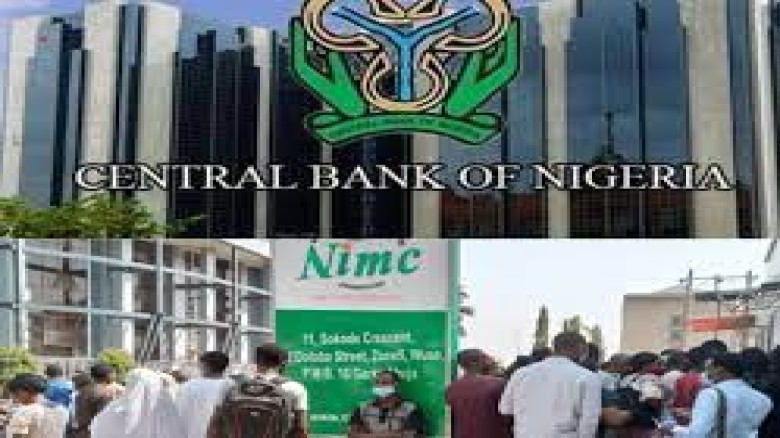Private sector credit hits ₦77.9tn in April 2025
Credit extended to Nigeria’s private sector reached ₦77.9 trillion in April 2025, an increase from ₦76.2 trillion in March, as reported by the Central Bank of Nigeria.
The total for April also exceeded the ₦77.38 trillion recorded in January and ₦76.26 trillion in February, demonstrating a steady upward trend in lending to the private sector over the first four months of the year.
In simple terms, bank credit to the private sector refers to the funds loaned by banks and other financial institutions to individuals and businesses. This can take the form of loans, trade credit, or the acquisition of financial assets, creating a repayment obligation for borrowers.
While the Central Bank of Nigeria did not provide a specific sectoral breakdown for April, previous data indicates that the majority of credit continues to flow to the manufacturing, general commerce, and oil and gas industries.
According to the CBN’s Economic Report for February 2025, the services sector received the largest portion of credit at 52.10%, while the industrial sector followed closely with 42.9%, and agriculture accounted for only 5.41%.
In contrast to the increase in private sector lending, credit to the public sector saw a significant drop in April.
Public sector credit decreased to ₦23.6 trillion, down from ₦25.9 trillion in March, indicating either a reduction in government borrowing or an uptick in repayments during that period.
CBN Governor Olayemi Cardoso has emphasized that restoring institutional credibility remains a key priority for the Central Bank of Nigeria.
To help regain public trust and reinforce the bank’s position in ensuring monetary stability, the CBN has taken measures such as disclosing its audited financial reports and revealing net reserve figures.
He noted that the CBN should not be assessed as a commercial bank using typical profit metrics, yet the recovery from a loss of over ₦1 trillion in 2023 to a profit of approximately ₦30 billion in 2024 illustrates the significant reforms and fiscal discipline the bank has implemented in the past 18 months.
Despite facing global uncertainties and structural obstacles, the CBN remains optimistic about Nigeria's path to recovery.
Initiatives such as tighter monetary policy, currency exchange reforms, better reserve management, and increased cooperation with fiscal authorities are poised to enhance macroeconomic stability and bolster medium-term growth.
The increase in private sector credit reflects heightened economic activity and rising business confidence, indicating that companies are more inclined to borrow and invest—potentially fostering job creation, improved productivity, and expansive economic growth.
























Leave A Comment